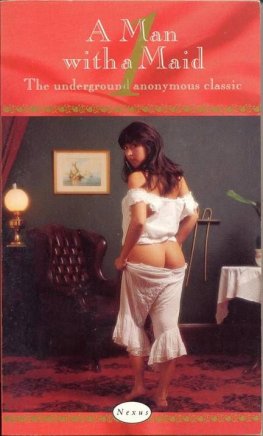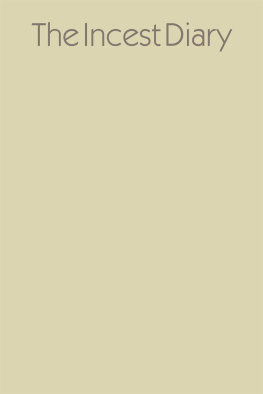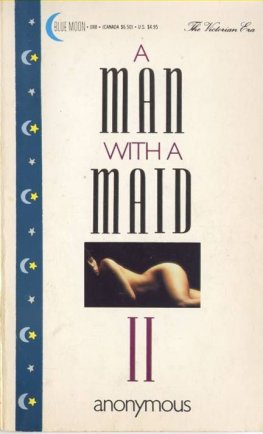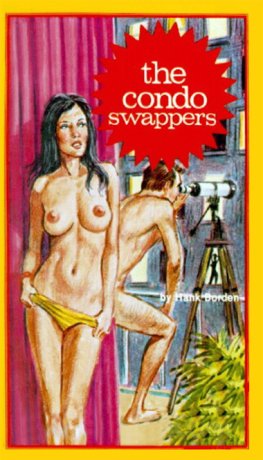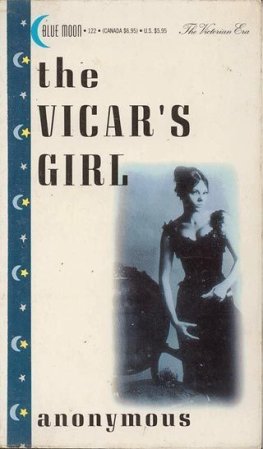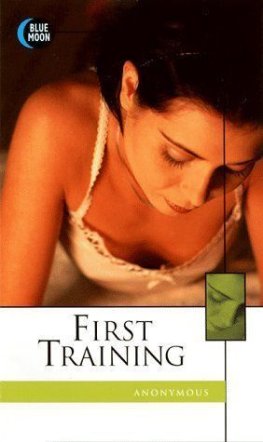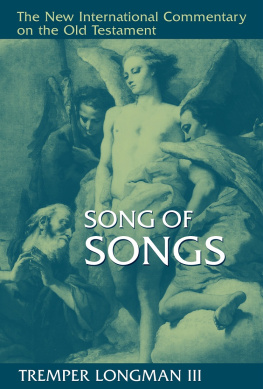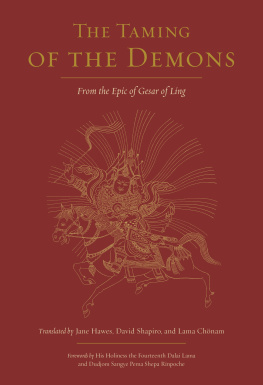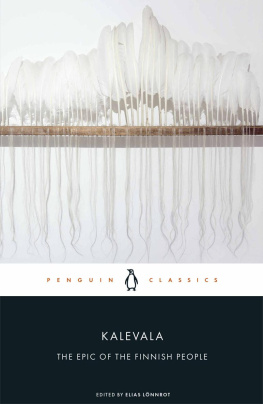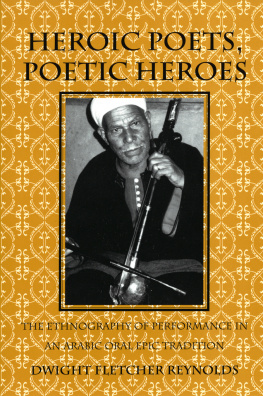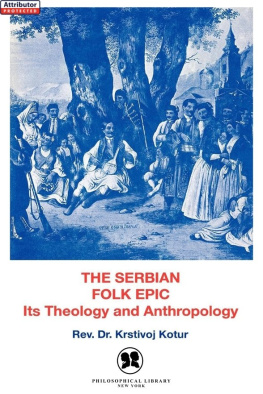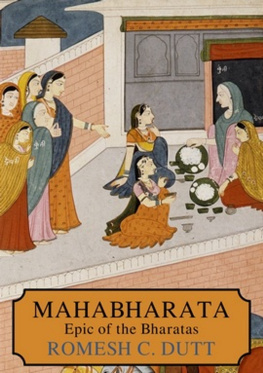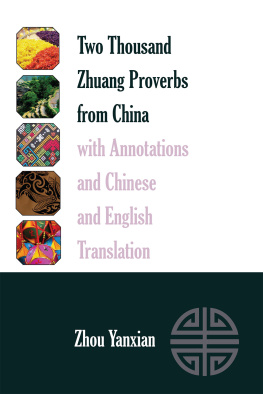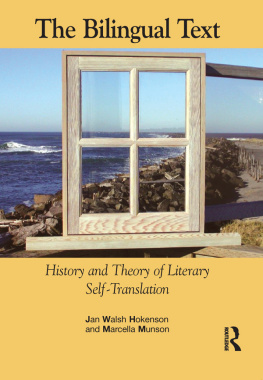University of California Press, one of the most distinguished university presses in the United States, enriches lives around the world by advancing scholarship in the humanities, social sciences, and natural sciences. Its activities are supported by the UC Press Foundation and by philanthropic contributions from individuals and institutions. For more information, visit www.ucpress.edu.
University of California Press
Oakland, California
1969, 1989, 2021 by The Regents of the University of California
ISBN 978-0-520-37980-0 (pbk.: alkaline paper)
ISBN 978-0-520-38463-7 (ebook)
Library of Congress Catalog Card Number: 68-28370
Manufactured in the United States of America
30 29 28 27 26 25 24 23 22 21
10 9 8 7 6 5 4 3 2 1
PREFACE
In April, 1956, I organized a field expedition of several weeks into one of the most remote forest areas of Nyanga country, an area then known as groupement Kisimba in Belgian administrative circles. I had been actively engaged in field research among the Nyanga since April, 1954. The Nyanga had known me since late 1952 when, working among the Bembe and the Lega, I had on several occasions visited them in order to plan for future research projects.
By the time of my trip to Kisimba, I had acquired a broad knowledge of Nyanga culture, I had a good grasp of the language, I was well accepted by the people, I knew all the key informants, and I had been able to recruit an excellent team of collaborators. These included two categories of people: on the one hand, Mr. Amato Buuni and Mr. Stephano Tubi, two young men born and raised in the Nyanga milieu, who had finished their junior high school studies and whom I had trained in field methods since late 1952; on the other hand, two older Nyanga, Sherungu and Kanyangara, who had not been to school, but who possessed an admirable knowledge of Nyanga culture and who held important ritual and political offices in the Nyanga political system. Whereas Mr. Buuni and Mr. Tubi acted as clerks, writing down texts and various types of supplementary information, Mr. Sherungu and Mr. Kanyangara were readily available, first-class informants and hommes de confiance who could critically advise me on data obtained from my other informants in the various villages.
By the time I was planning my Kisimba trip, I had already visited large sections of Nyanga country, making routine ethnological investigations and writing down, with the help of Mr. Buuni and Mr. Tubi, hundreds of tales, narratives of events and dreams, and thousands of proverbs, riddles, songs, prayers, incantations, and praise formulas. I knew for a long time that the Nyanga had a longer, more expanded type of story, classified by them under the special name krisi . On a couple of occasions I had received fragments of such stories from select informants, but I had never been successful in getting a complete and coherent text, either because the narrator was too old and too confused or because he did not remember the complete text (or had never known it), or because the narrator was simply uncooperative and apprehensive of the necessity to sit day after day with me and my collaborators to painstakingly narrateindeed narrate over and over againthe various passages of his krisi -story.
Then, on my Kisimba trip, while doing the routine work of taking village censuses, writing down genealogies, collecting information on descent groups, on kinship patterns, on political structure, on religion, and the like, I met Mr. Sh-krisi Rureke in the village of Bese. Very cooperative and understanding, very lucid and intelligent, Rureke sat down with us for twelve days, singing, narrating, dancing, miming, until the present text was completely written down.
These days represent a great and memorable time in my life, one of the the highlights of my long fieldwork in Zaire. We would begin to work early in the morning and, with a few short breaks, continue well into the night. Large crowds of people from Bese and from surrounding villages and hamlets would come to listen to the narration, to participate in the refrains of the songs, to dance. There was an atmosphere of joy and relaxation in this village where, as in the other Nyanga villages, life had become increasingly dull and joyless as a result of the various pressures introduced from the outside.
Rureke himself was inexhaustible in words, in movements, in rhythm, even though he became very tired physically (during the last days, his voice became increasingly hoarse and I was compelled to treat him regularly with some European ointments and mouthwashes). Very excited by the stimulus he received from his audience, very self-confident about his knowledge, and very proud about his achievements, Rureke was able to maintain from beginning to end the coherence of his story and the unusual richness and precision of language, as well as to capture the essence of Nyanga values.
Because of a variety of other duties and commitments, this great narrative has remained hidden in my files for a long period. In 1956 and 1958, I published in Dutch translation small fragments of it in a periodical, Zuiderkruis , which was published in Lopoldville. In 1964, thanks to a generous grant from the Alumni Foundation of the University of Delaware, I was able to bring to the United States one of my former students in Lopoldville, Mr. Kahombo C. Mateene, Nyanga by birth, trained in African linguistics and anthropology at the universities of Lovanium (Zaire), Delaware, and California (Los Angeles). In close collaboration, we have worked on the definite establishment of the Nyanga text, on the translation, and on the notes.
I am pleased to present here, as the fruit of long and painstaking travail, this Mwindo epic in the Bantu text and in English translation. This epic is certainly a tribute to the rich content of Nyanga culture and to the creative talent of Mr. Rureke and his predecessors.
My sincere thanks go to my Nyanga informants and collaborators, particularly to the narrator himself, Mr. Sh-krisi Rureke, for their loyal assistance in helping me to save from oblivion part of so great a cultural tradition. I want to express my appreciation for the unfaltering encouragement and sponsorship I received during my fieldwork in Zaire from the Belgian Research Institute, Institut pour la recherche scientifique en Afrique centrale, and, in particular, from its former secretary-general, Dr. Jean-Paul Harroy, and its former director-general, Dr. Louis van den Berghe. The University of Delaware and the African Studies Center of the University of California, Los Angeles, have kindly provided me with the grants necessary for permitting Mr. Kahombo C. Mateene to work with me on this project. Finally, I want to acknowledge the dedicated work done by Mrs. Lorraine Przywara in Delaware and Miss Andre Slaughter in California in the typing of the manuscript and in the improving and correcting of the English text.
In the field, the epic text was recorded in writing (with tonal indication) jointly by Amato Buuni, Stephano Tubi, and myself. The preface, introduction, and notes in their present form are entirely my responsibility. The definite establishment of the Nyanga text and the method of word division are the work of Mr. Mateene. The translation is the result of intensive collaboration by Kahombo C. Mateene, Amato Buuni, Stephano Tubi, and myself.


